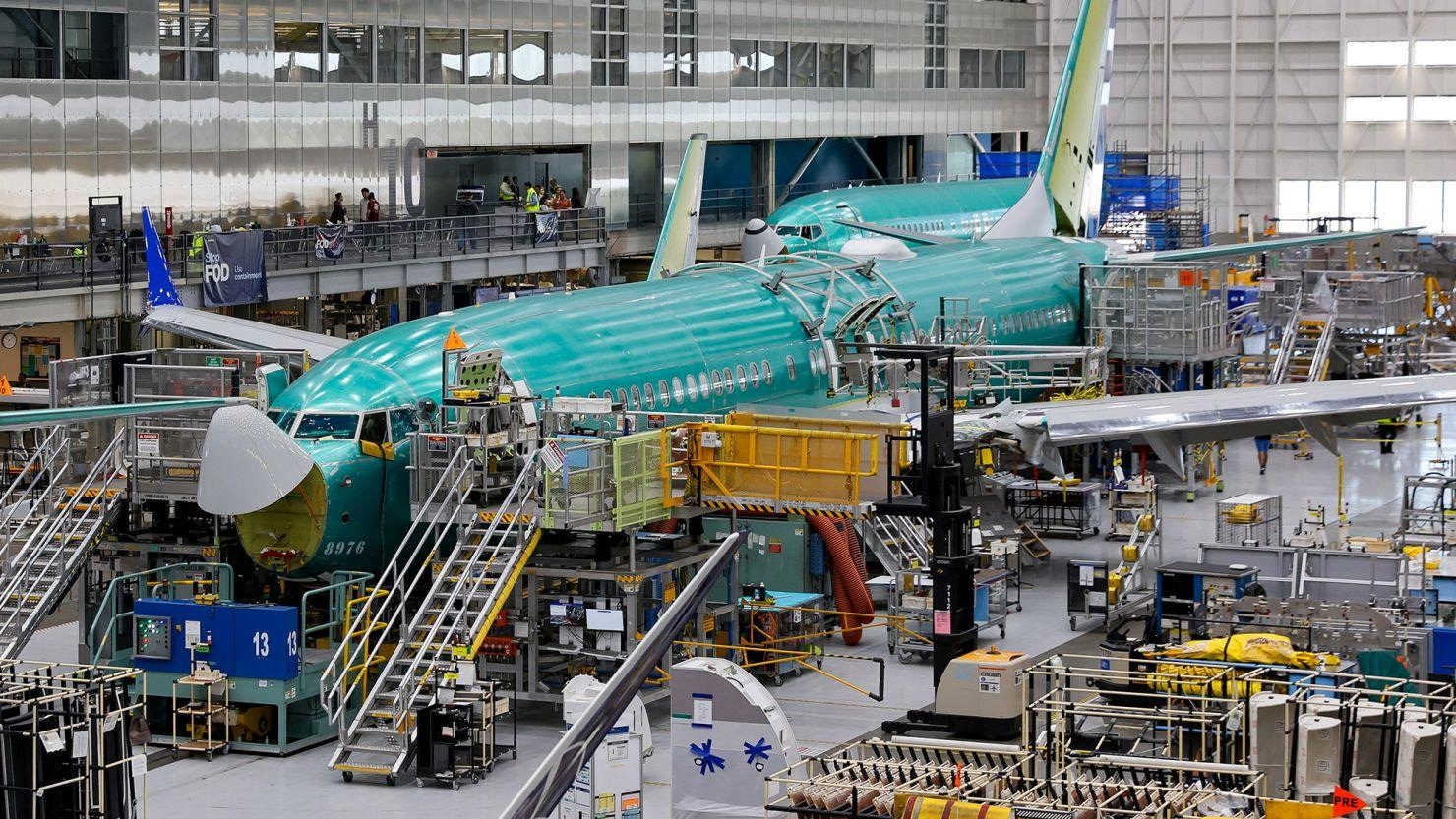エアロジニー — あなたのインテリジェントな副操縦士。
現在のトレンド
Categories
Boeing Plans to Resume Plane Deliveries to China Amid Easing Tariff Tensions

Boeing to Resume Deliveries to China Amid Easing Trade Tensions
Boeing is set to restart aircraft deliveries to China, marking a notable improvement in U.S.-China trade relations with significant implications for the global aerospace industry. CEO Kelly Ortberg revealed plans to increase the monthly production of the 737 MAX to 47 units by the end of the year, supporting Boeing’s broader goal of delivering 400 737 jets by 2025. The company demonstrated renewed momentum in April, delivering a total of 45 aircraft, including 29 737 MAX models, signaling a strong recovery in its commercial aviation operations.
This development coincides with a more optimistic market environment, as stock markets have rallied and gold prices have declined, indicating reduced investor concerns about a potential global recession. The resumption of deliveries to China, one of Boeing’s largest and most critical markets, is expected to enhance the company’s financial outlook and restore confidence following a period marked by uncertainty and trade disputes.
Industry Challenges and Technological Shifts
Despite the positive trajectory in its commercial aviation segment, Boeing continues to face challenges in other areas. The recent delay by NASA in the Starliner spacecraft program underscores ongoing difficulties within the aerospace sector, even as commercial aviation shows signs of recovery. The response of competitors, particularly Airbus, to Boeing’s renewed engagement with the Chinese market remains uncertain, with industry analysts closely monitoring how rivals will adjust to the evolving competitive landscape.
Technological advancement and workforce development remain central to Boeing’s strategic priorities. As the aerospace industry increasingly depends on digital capabilities and cloud computing, companies such as Amazon Web Services (AWS) are making substantial investments in training initiatives. AWS recently inaugurated its first Skills Center in Seattle, aiming to train 29 million individuals worldwide in cloud computing by 2025. This initiative highlights the growing recognition of the critical need for a digitally skilled workforce to support sectors reliant on advanced technology and data-driven operations.
AWS CEO Adam Selipsky emphasized the urgent demand for digital and cloud expertise, noting that the rapid expansion of cloud computing—accelerated by the pandemic—has compelled companies to transform traditional IT staff into cloud-fluent professionals. Addressing this talent gap is essential to facilitate the adoption of new technologies across industries, including aerospace.
For Boeing, the convergence of easing trade tensions, increased production capacity, and technological innovation represents a pivotal moment. The company’s ability to navigate complex global market dynamics, overcome operational challenges, and leverage emerging technologies will be crucial as it seeks to maintain its leadership position in the aerospace sector.

Factors Positioning Airbus for Leadership in 2026

Emirates Unveils Cabin Design for New Boeing 777X

Eighteen Years On, the Airbus A380 Remains Central to a $34 Billion Airline

How a boom in luxury airline seats is slowing down jet deliveries

Navitaire Outage Attributed to Planned Maintenance

Airbus Plans Record Delivery of 870 Aircraft in 2026

DigiYatra Debuts Outside Aviation at India AI Impact Summit

Vietnam Orders Strengthen Boeing’s Commercial Outlook

Airbus Signals Uncertainty Over Future A400M Orders

JobsOhio Awards $2 Million Grant to Hartzell Propeller for Innovation Center
